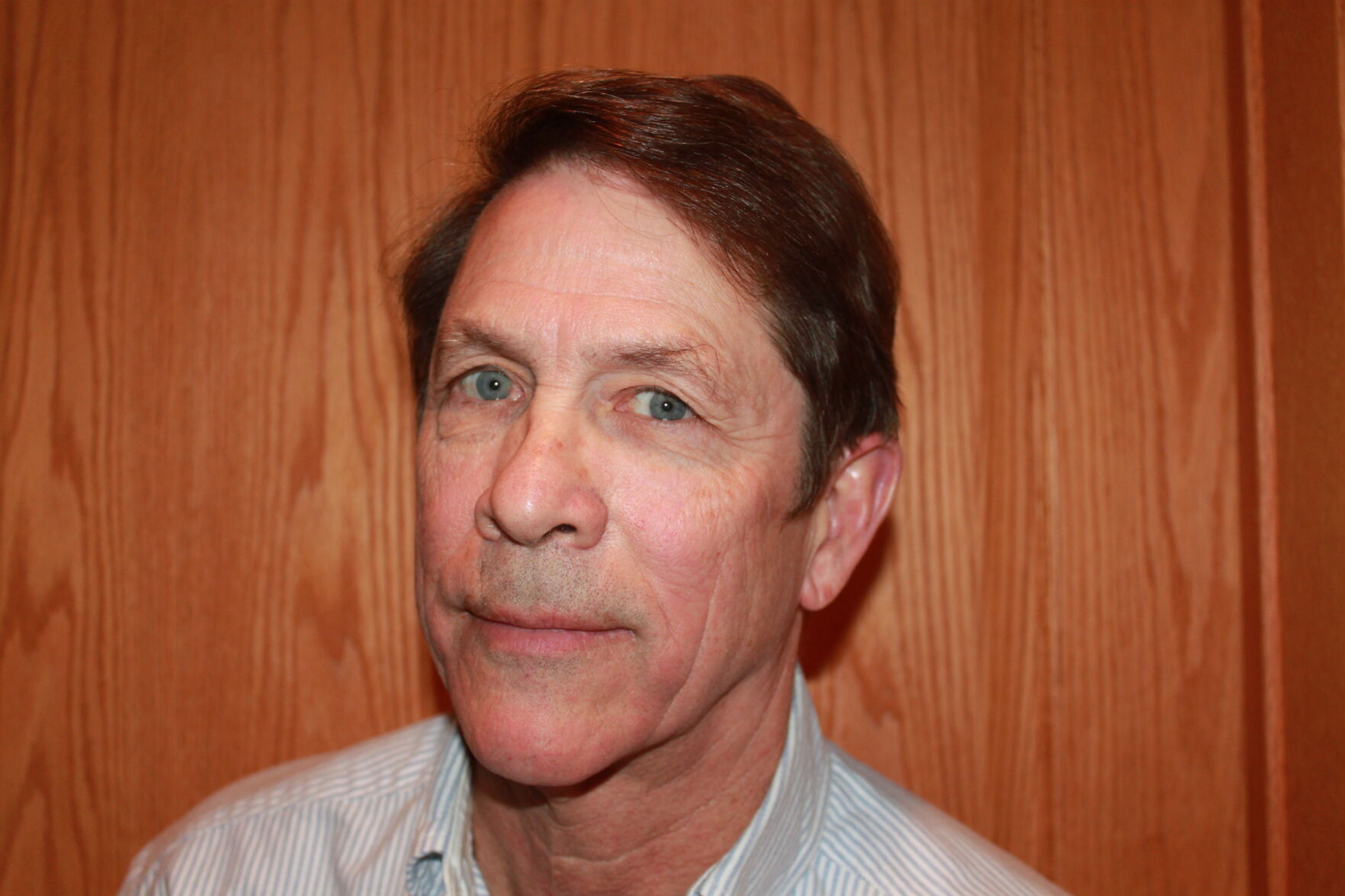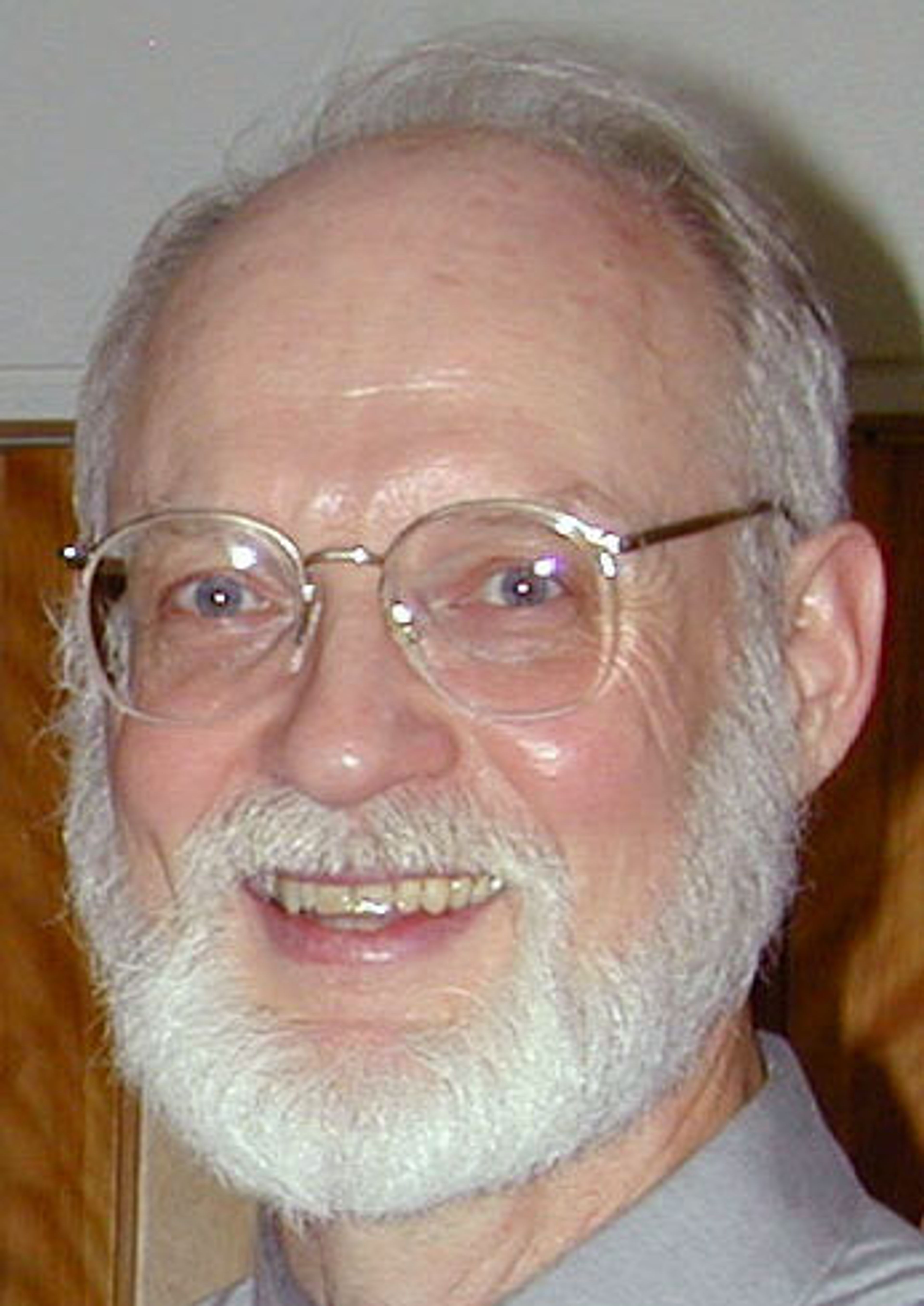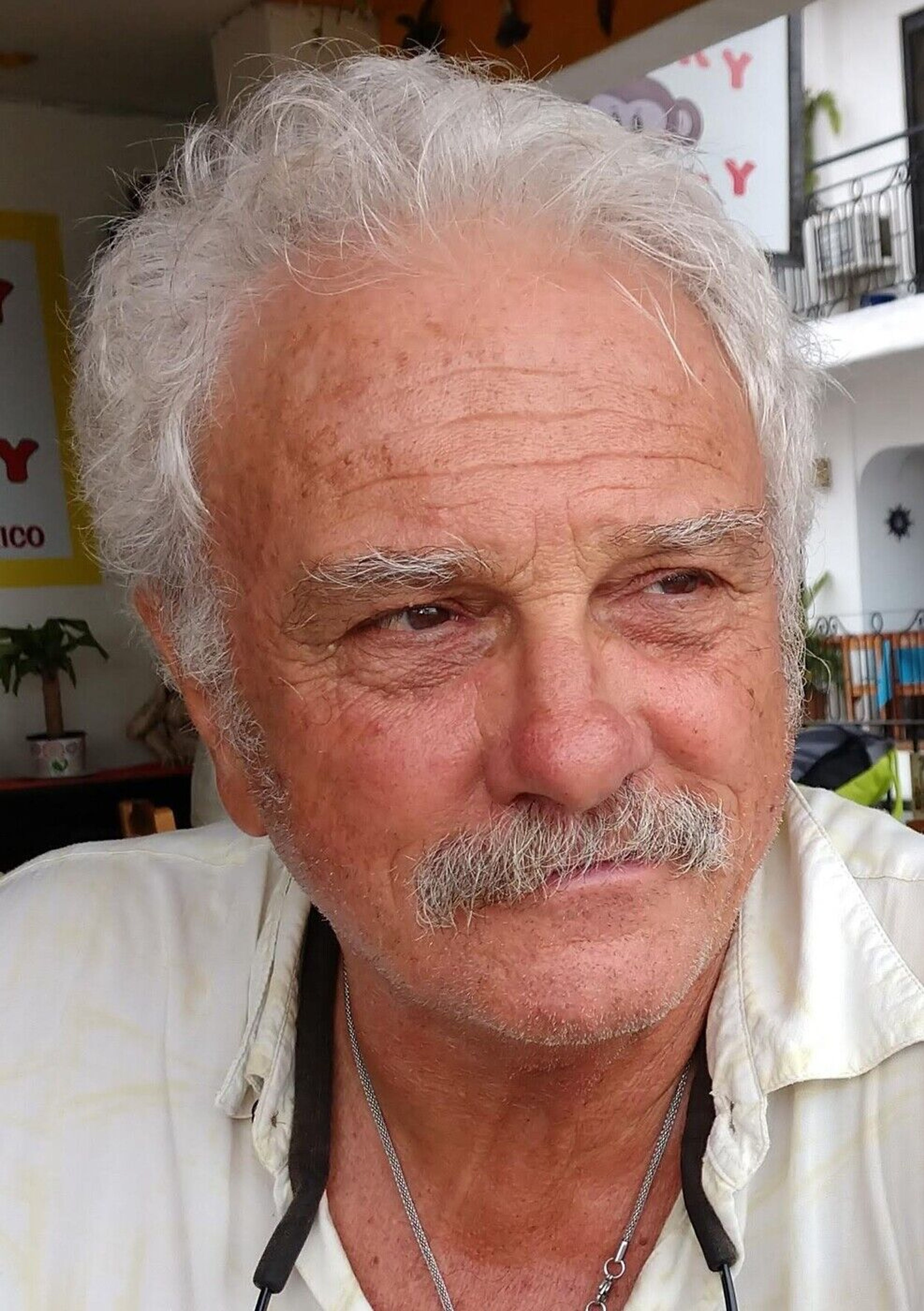The COVID-19 pandemic has thrown our own little worlds into disarray. We have been forced to change our daily lives in ways I never considered. Much like how we changed after the terrorist attacks on 9/11.
Months ago, I thought these changes would be short-term. By summer of 2020 I figured we would be back to normal. We only participated in a short-term lockdown to “flatten the curve.” Seven months into the pandemic and I am not sure when things are going to settle down.
While most people want the masks to go away, to be able to go out with friends and to see family, I think some parts of our lives are forever changed. Some of these changes, due to the necessity of the lockdowns, have shown us alternatives that we didn’t think were possible.
Many times the government will eliminate an option in our lives. This elimination of the option brings with it changes. Sometimes the only way to move forward is a big push in the back.
One example was the banning of incandescent light bulbs. It forced the industry to push forward at an accelerated rate to provide decent replacement bulbs. At first it was mainly fluorescent light bulbs. There were LED light bulbs but they were not very good. I wrote about this in a column back in October 2009. At the time I was underwhelmed by the performance of the LED bulbs and I didn’t like the fluorescent bulbs at all. Since then, the LED bulbs have become much better. Many of the light bulbs at my house are smart bulbs. They work with my home automation system and they are full-color LED lights.
I understand why the government sometimes pushes the citizens to change. Without forcing the change, it is likely to not happen. The part I dislike is that in a free country I should have a choice.
The response to the pandemic has been similar. We were pushed into making massive changes in the way we live our lives, work and do business. I ponder what parts of our lives will not return to normal once the pandemic is under control.
We have leveraged technology to allow business to happen. Many people who had worked in an office now are working from home instead. With high-speed internet, smarter phone systems, and video conferencing we have been able to keep America on the move.
In terms of video conferencing, Zoom has become the new Kleenex, Q-Tips and Band-Aids. While there are many options people have started to generically call all video conferences Zoom meetings.
One change I would like to see is the start of a dispersed state government. With the right technology, elected representatives could stay within their district while participating via video conferencing.
The citizens would have better access to the government as well as better access to their representatives who would not be several hours away.
I know it would make the lobby industry sad. It would probably be tougher to lobby a large number of senators and representatives. But that might mean our elected officials would be more responsive to the people and not to the money.
I understand it wouldn’t necessarily be perfect at first. The push for a system that would allow for a large government to properly function would be an incentive for competition between companies to build a solution.
The citizens have been forced to make major changes in the way we learn, meet and work. I think it’s only right our leaders do the same. And with a push for better technology for government, maybe we would finally get holograms. That would be rad.
Scotty Anderson is a computer programmer who enjoys serving the community through various community-oriented service jobs.







